Understanding and managing the most evolved information systems today represents the real challenge for the future. The summit offers a unique experience in contact with international gurus in order to acquire essential skills and to communicate efficiently in contemporary society.
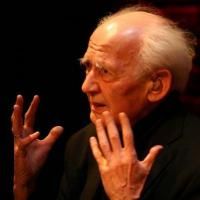
The theorist of the “liquid society”, one of the most influential contemporary philosophers and sociologists, he studied at the University of Warsaw and the London School of Economics. From 1971 to 1990 he was professor of sociology at the University of Leeds. He has always been a keen observer of post-modernity and the dynamics of globalization, and is the author of numerous papers and publications, including the most recent: "Wasted Lives. Modernity and its Outcasts" (2004) and "Living on Borrowed Time" (2009).
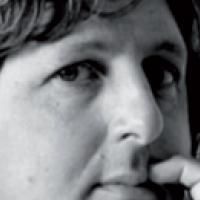
ICS Chairman since 2010, coordinator of EuroMediterraNetwork and President of Pomilio Blumm, a company leader in public and institutional communication. Trained in the United States, he has specialized in marketing at Harvard University, MIT and the INSEAD campus in Singapore, he has worked in major advertising corporations in the United States, the Middle East and Japan. Author of the books "La Repubblica della Comunicazione" (2010), "Communicazione 3.0" (2011) and "Comunicare la trasparenza" (2013), he has developed one of the most original theoretical models of communication between institutions and citizen-consumer.
Twitter Profile ICS Pomilio Blumm: @icspb
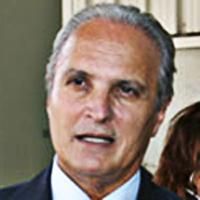
General secretary of the Italian Association of Public and Institutional Communication and of FEACP (European Federation of Public Communication Associations), he is a journalist and one of the most influential italian expert in public communication.
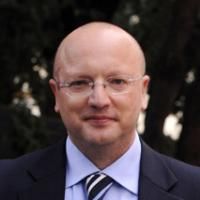
Vice-president of The Confederation of Italian Industries, President of the Small Industries of the Confederation of Italian Industries, honorary president of the Confederation of Italian Industries Assafrica & Mediterraneo, and vice-president of the Confederation of Italian Industries’ representative for Businessmed.
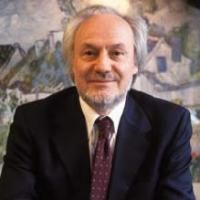
Professor of Sociology of cultural processes and director of the Department of Communications and social research at the Sapienza University in Rome. Chair of the National Conference of the faculty and degree courses in Communication Science. Amongst his more recent publications are "Neogiornalismo, Tra Crisi e Rete, come cambia il sistema dell’informazione" (Neo-journalism. Between Crisis and Network, how the information system is changing) e "Università al futuro. Sistema, progetto, innovazione" (University in the future tense. System, project, innovation.
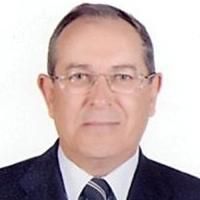
Tunisian ambassador to Italy
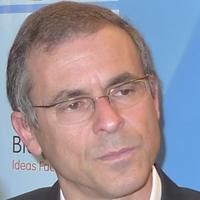
Head of the Italian research institute Osservatorio di Pavia since 2004, he has coordinated numerous research projects at both Italian and European level. He is a lecturer at the University of Pavia, at Milan’s IULM, at the Polytechnic University of Milan and the Sant’Anna School of Pisa.
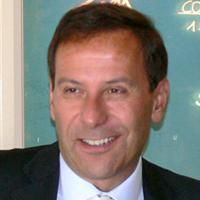
Head of the Crisis Unit of the Italian Ministry of Foreign Affairs since 2008 and Minister Plenipotentiary since 2009, he has been first secretary at the Italian Embassy in Moscow, Embassy advisor in Berlin and Italian ambassador to Tbilisi.
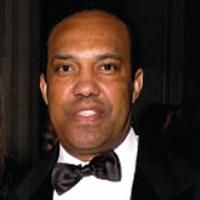
The chairman of the Senussiya Foundation and a member of the Libyan Royal Family, he was forced to leave his country after Gheddaffi came to power.
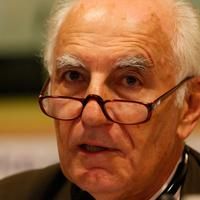
One of the most authoritative voices of public communication in Europe, Honorary President of EuroPCom (European Public Communicators Association), State Councillor of France, former President of FEACP (european federation of public communicators associations) and President of the Commission Nationale du Débat Public, today is also the head of the Commission Nationale d’Agrément des Associations Représentant les Usagers du système de Santé Publique.
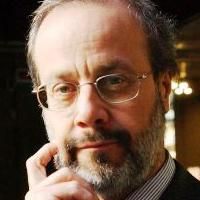
Editor in chief of the italian newspaper "Osservatore Romano" since 2007, he is an expert on Church history and interpretation of the Bible. He is professor of Patristic Philology at the Sapienza University in Rome.